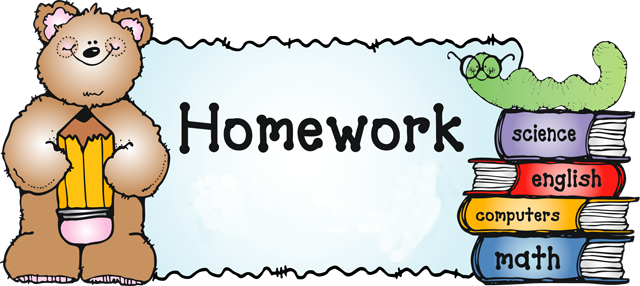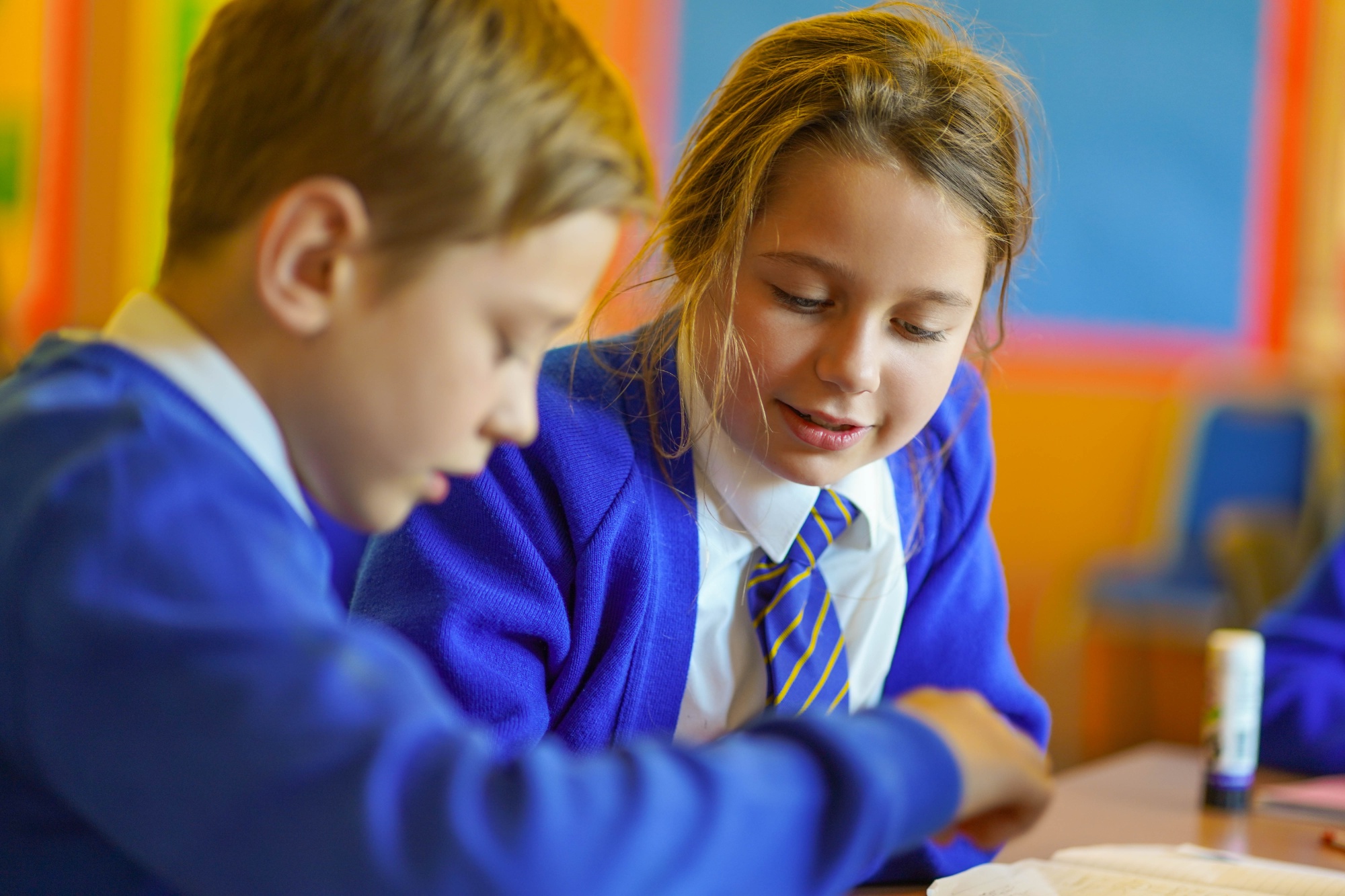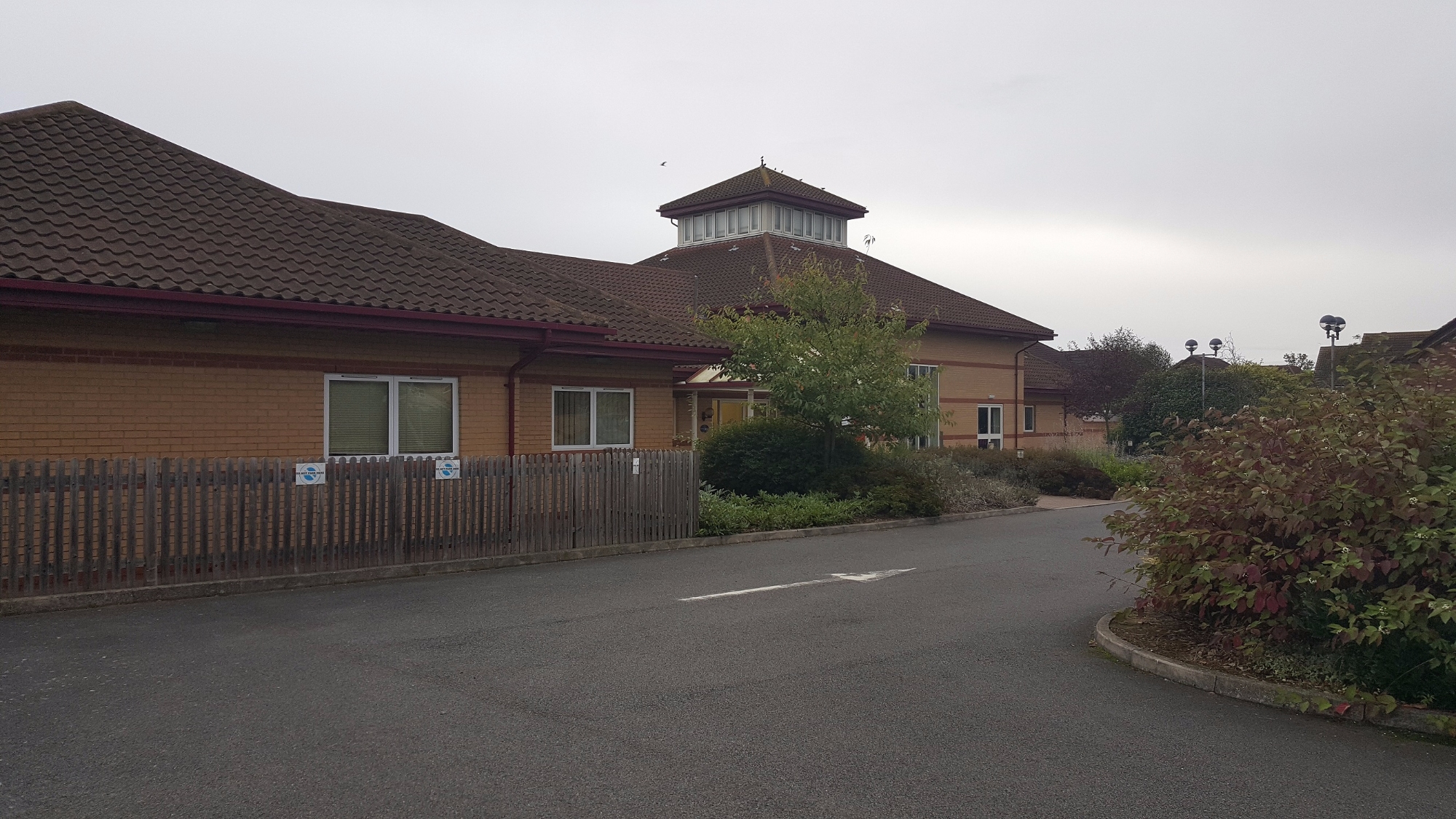Homework

Across the school we encourage the children to read by giving them books to take home to share with their parents. Reading books are changed when needed. We give guidance information to parents to help them achieve the maximum benefit from this time spent reading with their child during our ‘Meet the Teacher’ events which take place annually.
Early Years Foundation Stage (EYFS)
In Reception, children are given lists of words to practise reading/sight recognition as word cards. Children will not be given written spellings to practise as in other years. Parents’ are encouraged to support their children with these at home.
To support maths, Reception children need to practise counting and recognising numbers. They may also need, when writing numerals, help to ensure they are written in the correct formation. The children also need to be aware of numbers around them so parents are encouraged to point these out in the environment when they see them. We do not expect them to do any formal written calculations but it would also benefit the children if they were encouraged to play counting games (board or otherwise).
Key Stage 1
In Year 1, children will be given 5-10 spelling words to practise at home which are linked to sound patterns and high frequency words. They will be sent home weekly.
In Years 2, children will be given 8-10 spelling words, weekly to practise at home. These will be linked to the spelling patterns and objectives they have been learning in spelling sessions. Spellings may also be linked to the high-frequency words or words from their spelling journal.
Lower Key Stage 2
In Years 3-4, children will be given 8-15 spelling words, weekly to practise at home. These will be linked to the spelling patterns and objectives they have been learning in spelling sessions. Spellings may also be linked to the high-frequency words or words from their spelling journal.
As a general matter of course, reading or a reading activity will be continued on a daily basis.
In order to prepare for the Multiplication Check, children should be practising their times tables. They can access TT Rockstars to support them.
Upper Key Stage 2
In Years 5-6, the children will see an increase in the amount of homework that they receive. They will be given 10 spelling words to practise at home which will be tested weekly. Year 5 and 6 will be given a maths, reading and SPaG task (approx. 30 minutes each).
For children to make most progress reading, spelling and multiplication/division facts need to be practised nightly. Children will be given 5-7 nights to complete Maths and English homework.
SATs Preparation
As year 6 draw closer to their SATs examinations, we are often asked by parents what they can do to support their child at home. We have prepared information and resources to support you below. We ask that you do not use past papers (available from the Department of Education) as these are used in school.


